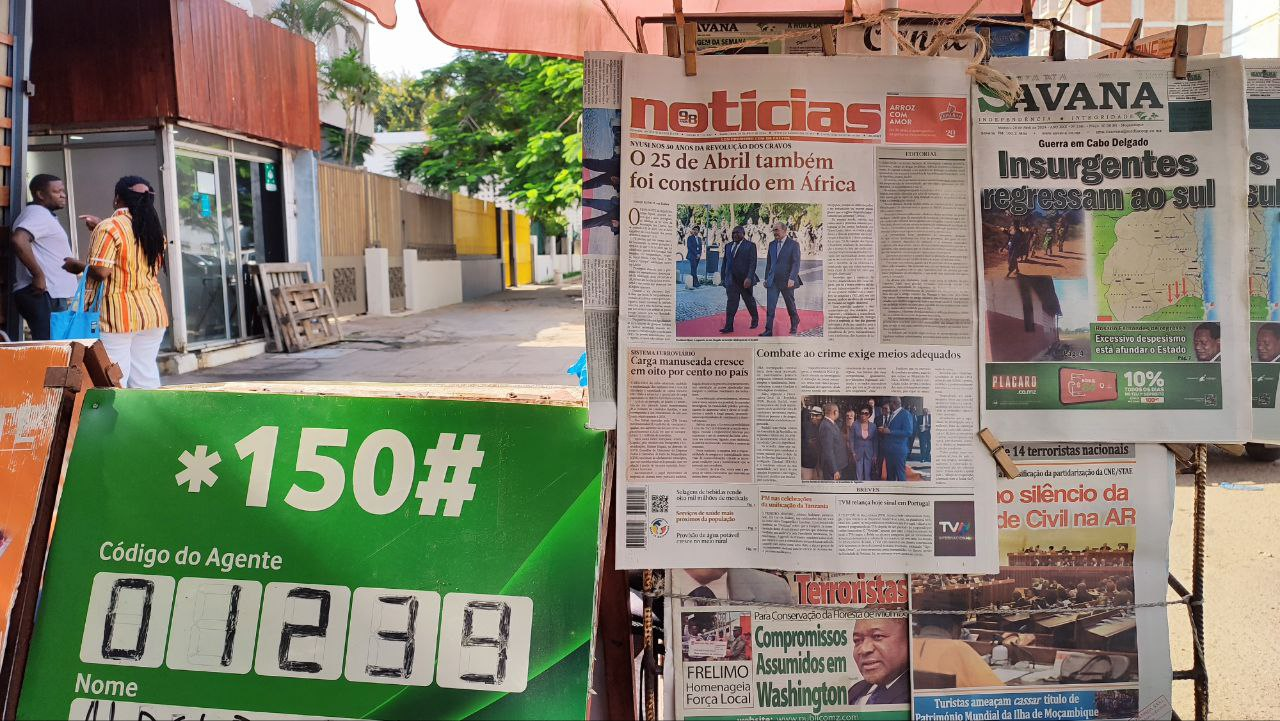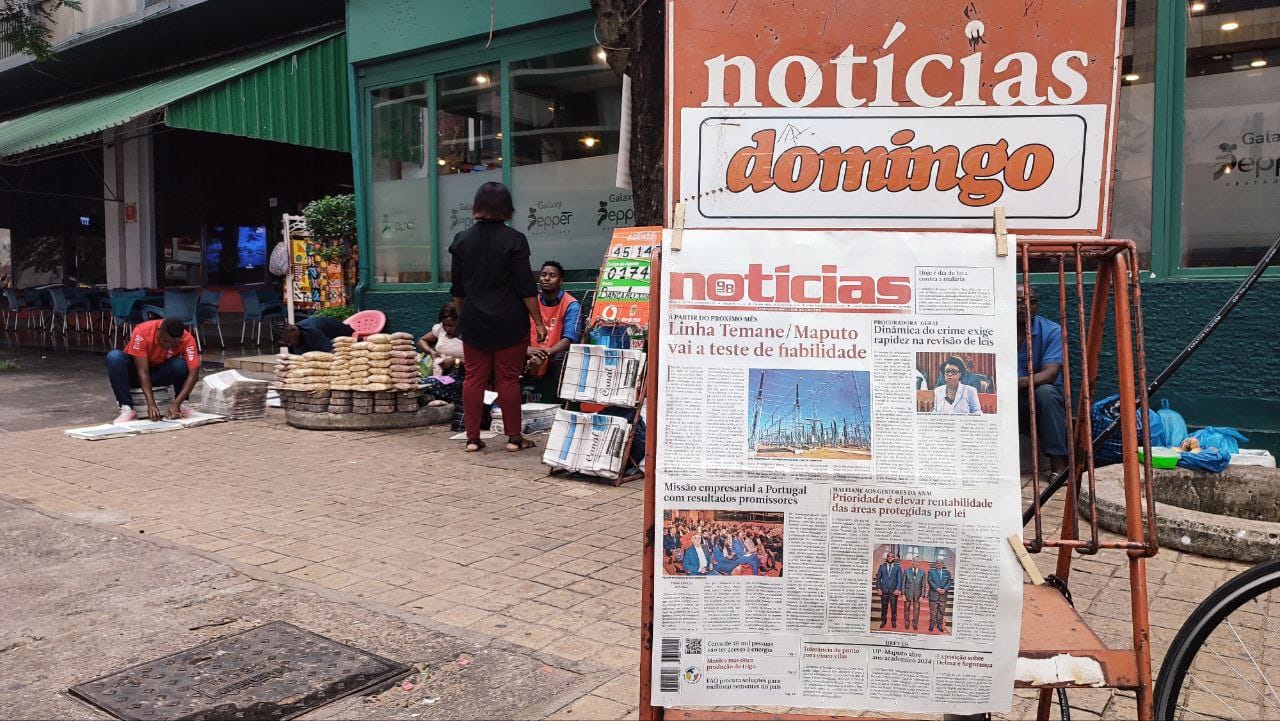Welcome to our Saturday roundup of stories from the week – featuring pigeon peas, climate financing, and Renamo’s election boycott.
Have a great weekend.
Monday
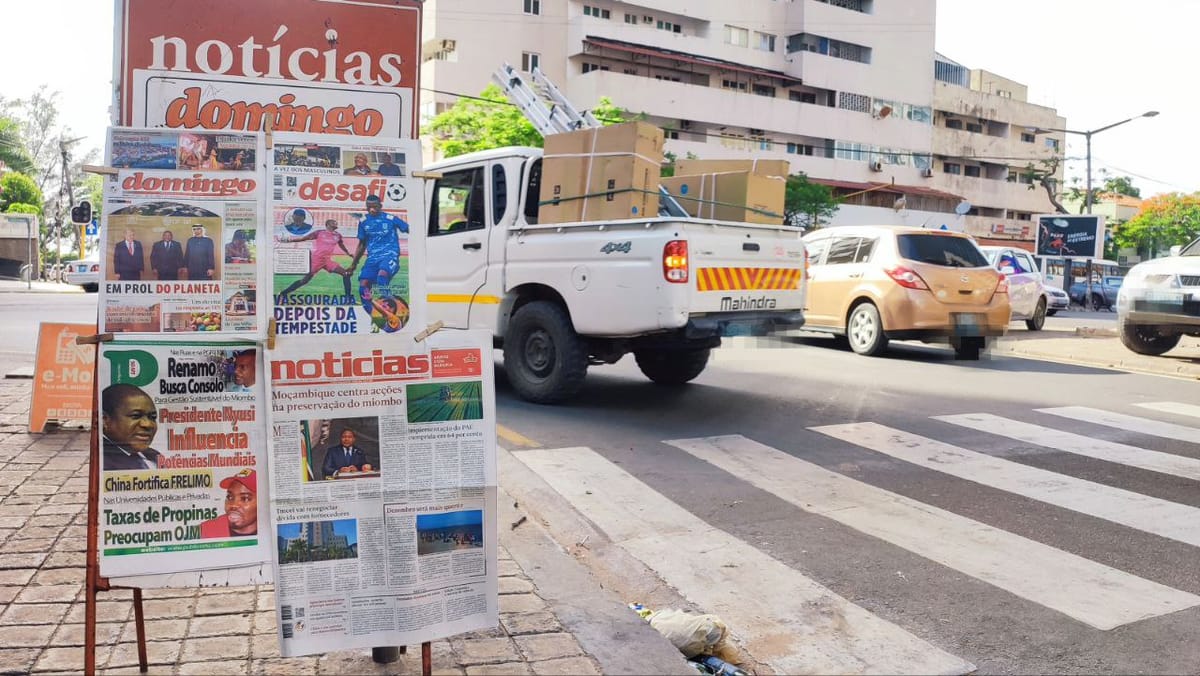
Exporters are trying to maintain stockpiled pigeon peas in a condition to be exported to India, but there is no guarantee that they will not deteriorate by January 2024, according to Hilário Mindoso of the Nampula Exporters and Importers Association. The pigeon peas have been stuck in warehouses waiting for permission to be exported, due to a legal dispute. Some exporters had had to hire people to pound and sift it, in order to guarantee its preservation, but if no solution was found, everything would be thrown away, he said. A team from O País found that the warehouses in Nacala were full, so much so that part of the stock was placed in the courtyard and was vulnerable to rain. Meanwhile, the Indian Pulses and Grains Association has said that the Indian government should consider revoking a memorandum of understanding with Mozambique, which gives the latter privileged status in exporting pigeon peas to India. The association’s president blamed the export problems on one unnamed exporter, whom he said was working “hand in glove” with the Mozambican government.
There is still no word on whether Mozambique Customs is going to finally allow pigeon peas to be exported, in the face of growing pressure inside the country and in India, as we reported last week. Ten days ago, a court ruled that exporters should not face any restrictions on pigeon pea exports. The pretext for preventing exports is a legal complaint brought by a company which apparently forms part of a corrupt scheme to monopolise exports, for the benefit of ruling party Frelimo. But contrary to the Indian spokesman quoted, the central government itself is not blocking the exports. This ongoing problem illustrates how the lobby of special interests in the customs service is even able to stand up to the finance ministry which it supposedly answers to.
Tuesday
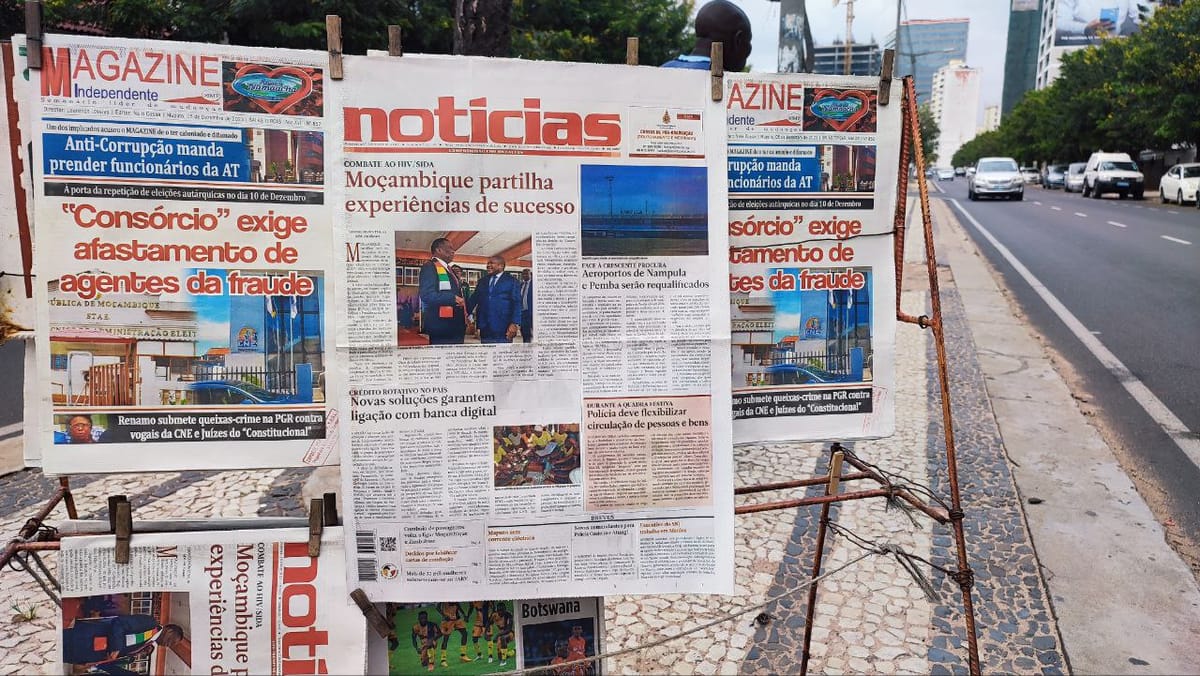
There have been 256 demonstrations, including 28 violent ones, since the October 11 local elections and all of them have involved the police to guarantee public order and security, police chief Bernardino Rafael said on Monday. The police would remain firm in protecting the constitution, Rafael added, saying that he was ready to testify if he was called by the attorney general's office to answer the criminal complaint submitted by opposition party Renamo accusing the police of using excessive force against demonstrators.
Rafael was silent about the civilians shot dead by police in places like Nampula, Nacala and Angoche while they were protesting election fraud, and if this was a proportionate response. His comments about protecting the constitution are laughable, given that police undermined the constitution by colluding with supporters of ruling party Frelimo who manipulated the counting of votes in the local elections, allowing widespread fraud to take place. Rafael himself has made no secret of his partisan position: before the elections took place, he responded to warnings about electoral fraud by saying that the opposition parties had no policies. It should also be noted that the marches held by the opposition after the elections would not have been able to go ahead at all without the police suppressing them, had there not been some kind of understanding between the government and Renamo at the highest level. On the one hand, this is authoritarian, but on the other, the police have been more tolerant of marches than in the past, when only Frelimo was allowed to march and there was a higher number of deaths relative to the numbers protesting.
Wednesday
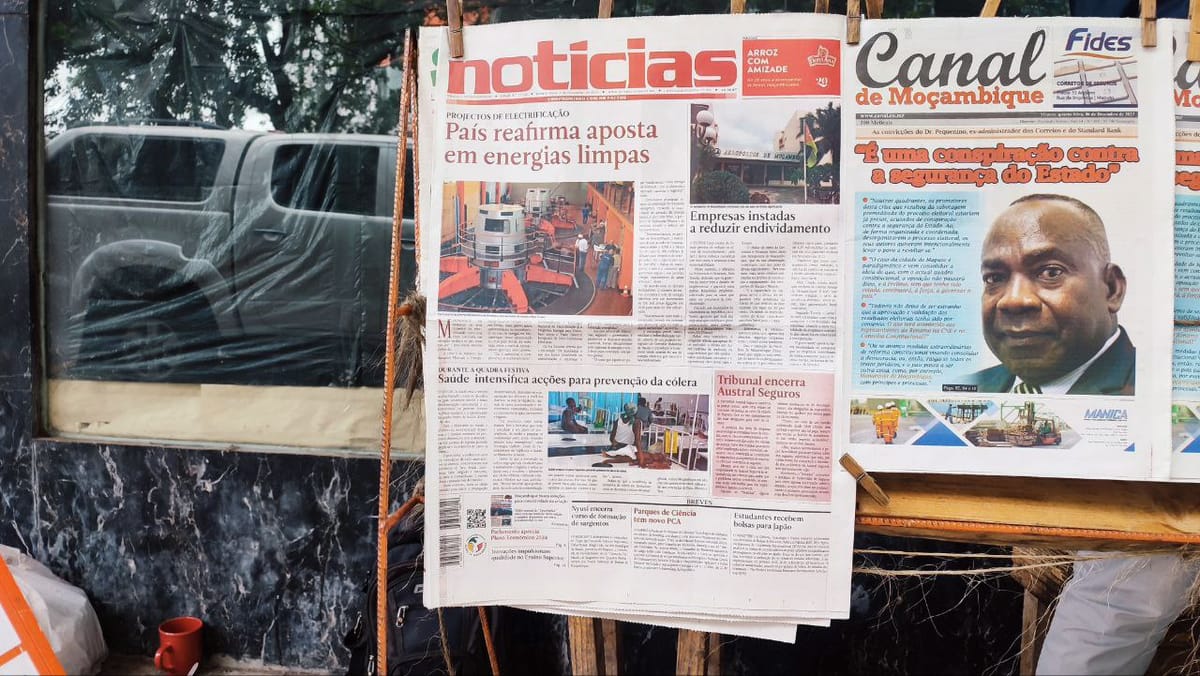
The news that Mozambique's main opposition party Renamo will “boycott” the local election in Nacala-Porto on Sunday should cause concern. The situation in Nacala-Porto is tense. Local Renamo supporters are militant and have protested violently before. In this situation, any kind of statement by Renamo challenging the election is liable to be interpreted as grounds to take to the streets and riot. The pressure group the Centre for Public Integrity has transcribed a statement in a video posted online by Renamo supporters, warning residents to stay away from polling places on the day of the election and threatening that they will show their “bad side”.
The decision by local officials to boycott the election, which has come one week after the date for the election was confirmed, probably reflects an assessment that it was not likely Renamo could change the election result for Nacala-Porto as a result of this mini-vote, which is only taking place in two areas of the municipality. In practice, a boycott probably means that the party will not send supporters or delegates to polling places, and will not monitor the vote count. Its name will still be on the ballot paper.
Thursday
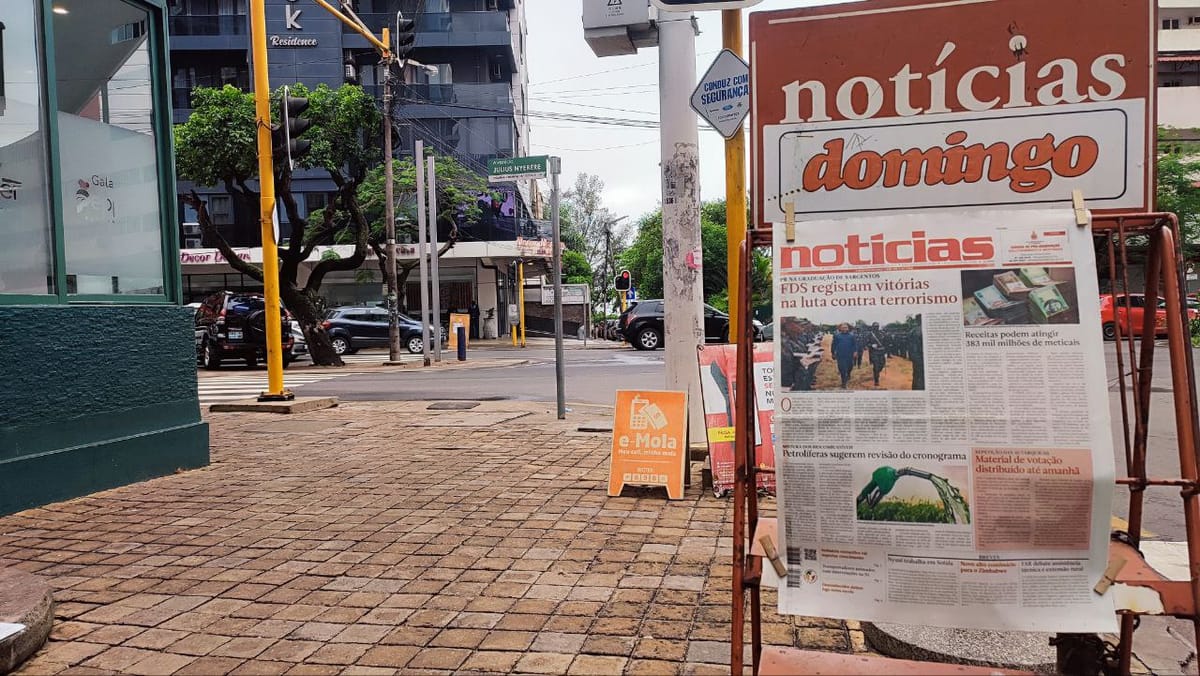
Ministers from Mozambique and Belgium have signed a deal to convert €2.5m ($2.7m) of public debt owed by Mozambique into a climate action-related investment, on the sidelines of the United Nations’ COP 28 climate change conference in Dubai. But it is a modest deal, amounting to $2.7m, compared to Mozambique’s total external public debt of around $10.2bn in the middle of this year. The government will need other means to unlock a significant amount of the $80bn it is seeking to finance its energy transition. Although other such deals may yet be announced before the end of the United Nations’ COP 28 climate change conference in Dubai next week, it is unlikely that we will see impressive amounts of debt being converted.
The amount of the deal is symbolic, but it could lead to more significant moves dealing with Mozambique’s public debt. The Ministry of the Economy and Finance has said it is willing to enter into other swaps to convert public debt with creditor countries.
Friday
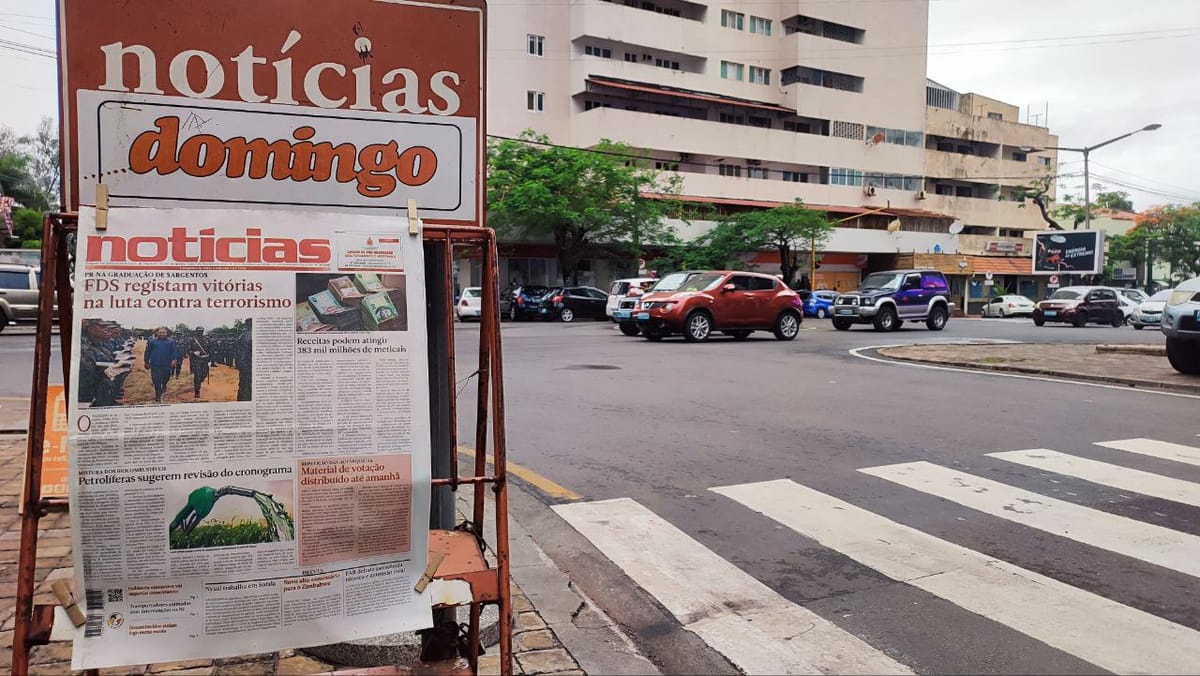
French bank Société Générale announced yesterday that it had agreed to sell its majority stakes in two subsidiaries, in Mozambique and Burkina Faso, to Guinean banking business Vista Group. Vista will take over Société Générale’s client portfolios and all the employees of the two businesses. The sale, whose price was not disclosed, could be completed next year following approval from regulatory authorities. Société Générale holds a 65% stake in its Mozambican subsidiary. Vista, which says it aims to build a group of world-class pan-African financial institutions, has operations in Burkina Faso, Gambia, Guinea and Sierra Leone.
Vista is building its presence across Africa, and taking advantage of a retreat from the continent by Société Générale: earlier this year, it agreed to acquire the latter’s businesses in Congo-Brazzaville and Equatorial Guinea. At the same time, Société Générale’s departure may have been encouraged by disappointing corporate banking performance in Mozambique. Business that it expected to do as a result of the mega gas project led by TotalEnergies, a regular client of the bank, has not materialised due to the project being frozen, and a sugar firm that Société Générale was backing in central Mozambique went bust. Nevertheless, various bankers contacted by Zitamar expressed surprise at the decision taken by the Société Générale board. The business currently has six branches, two in Maputo, one in Matola, two in Nampula and one in Beira, according to recent financial statements. Among banks in Mozambique, there is also a negative response overall to the central bank’s requirement to increase mandatory reserves.







